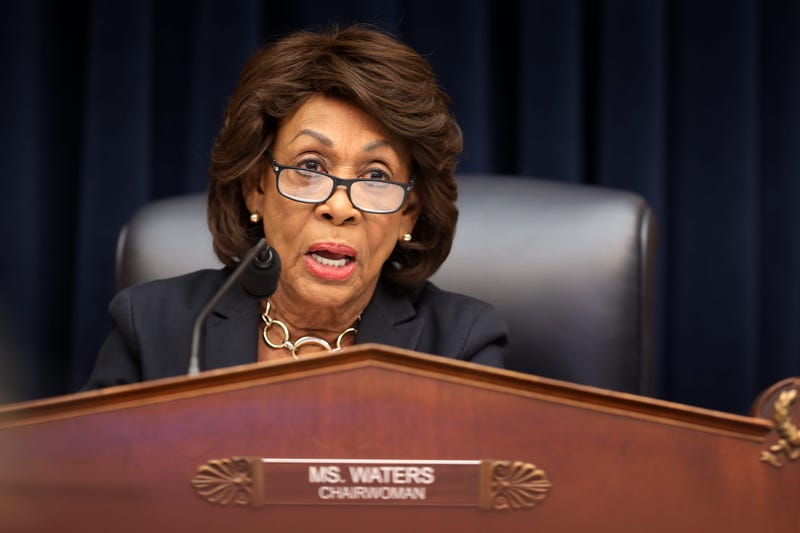
Congressional colleagues of the late John Lewis are looking at how best to carry forward his legacy legislatively.
Some have called for the restoration of the Voting Rights Act in the Civil Rights hero’s name, while efforts like the push to rename the Edmund Pettus Bridge are more symbolic.
For more, we were joined on KCBS Radio’s "The State Of California" by Congresswoman Maxine Waters, Chairwoman of the House Financial Services Committee.
John and I were good friends, before I came to Congress. As it was mentioned, he was involved (in) 1965 when the Voting Rights Act was passed into law. With the Supreme Court decision that you also alluded to, Section Four of the Voting Rights Act was significantly changed, which mentions that Section Five where sections did not allow jurisdictions to change certain voting laws in the cities, the counties or the states, they were basically overseen by the Justice Department to determine the Civil Rights division whether or not there was a violation of voting rights. Now, we have an awakening of so many new people, young folks, old people. We have the millennials. We have so many people now who have become very much aware of what has been happening in this country with discrimination, with the undermining of voting rights with racism. When you saw these protests in the streets, what you saw was not simply a protest about what happened to George Floyd in Minneapolis, it was about a combination of all of these things kind of coming together. The outpouring was absolutely tremendous, unprecedented. Yes, we’re hopeful that the protests will help to encourage, guide, leverage, whatever it takes to get, for example, the Senate to move, (Mitch) McConnell to move. The Voting Rights Bill that was introduced by John Lewis and Terri Sewell has been sitting on his desk, literally, for months now. We want to move that. We hope that they are enlightened (and) encouraged to do that with everything that’s going on now in this country.
I would like to see a review of so much that’s in public policy that literally prevented people of color, poor people from really having the kind of involvement in this democracy that would build well. That would help them to achieve, to realize their potential. That falls in almost every area of government. In my financial services, I created a new subcommittee on diversity and inclusion, for example. I’m taking a look, not only at our government agencies, where we have very few people of color in significant roles. I’m also looking in the private sector, with the banks and others that come under my supervision and oversight, to help develop ways in which they can create diversity and inclusion. We have a lot of people that are beginning to come forward and talk about it and ask for help and assistance in doing it. It is a look at the way in which we have developed law, a look at this criminal justice system. All of this attention that’s being put on our local police agencies because of the killings of unarmed Black men and women is something that’s right and our focal point now. We’re taking a look at policing and reimagining how that can be done and whether or not some of the ways that we have tolerated policing is what we should no longer tolerate, because it has not done anything more than divide us and to create so much hatred and animosity amongst the people that we way to protect and serve us. We have so much that we can do. I give you an example of creating this diversity and inclusion and opening up public services. A vote in the public sector and in the private sector is one example of what can be done. Taking a look at all of our Civil Rights activities that we have been, basically, trying to get some real help within our Civil Rights division of our criminal justice offices. There’s so much we can do and in so many ways we can do it. All of the chairs of the committees have to take responsibility. We have the support with the leadership of Nancy Pelosi and so, we’re on the move in looking at ways by which we can change the direction of this country.

